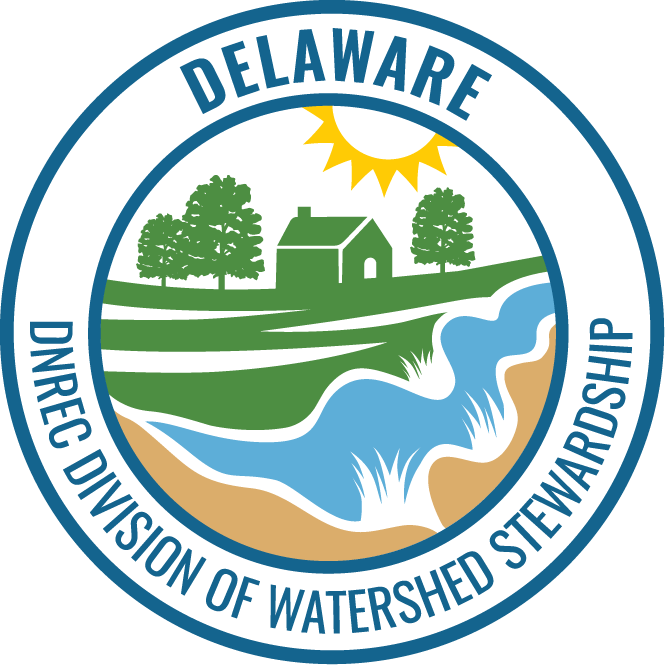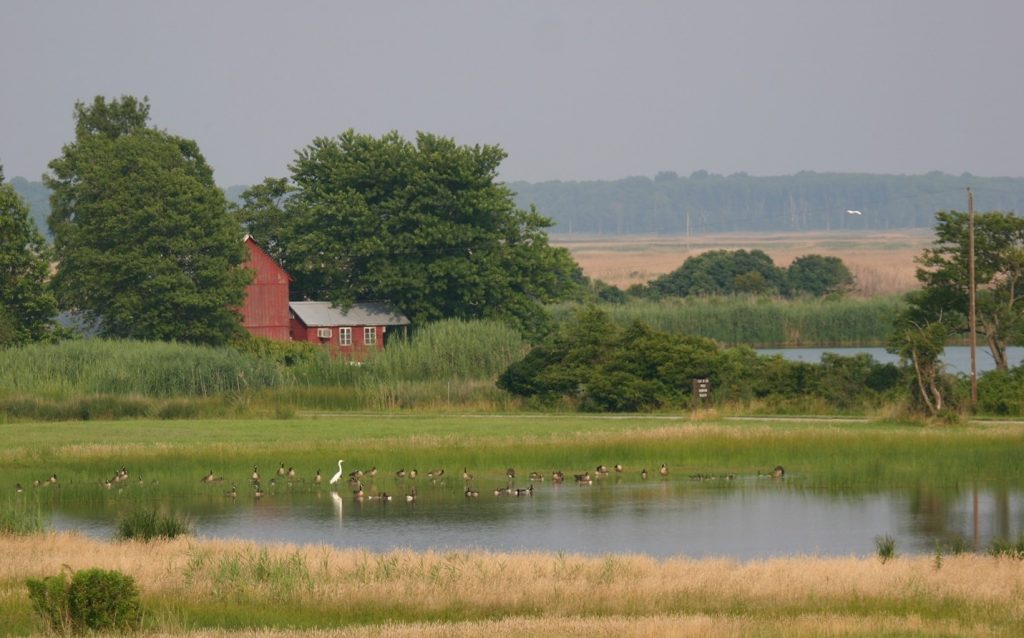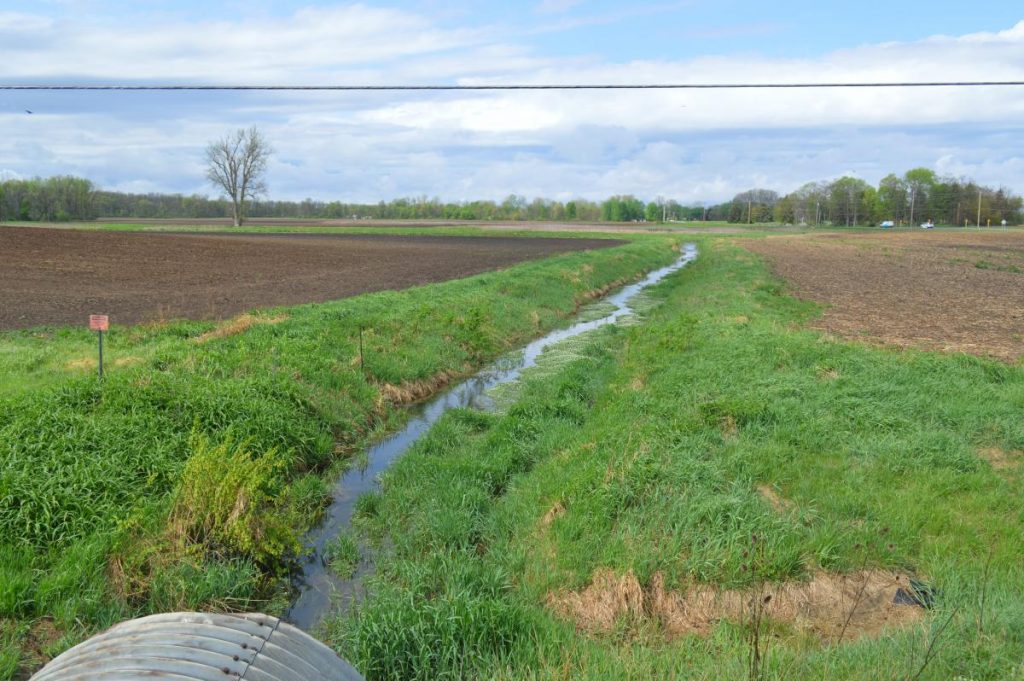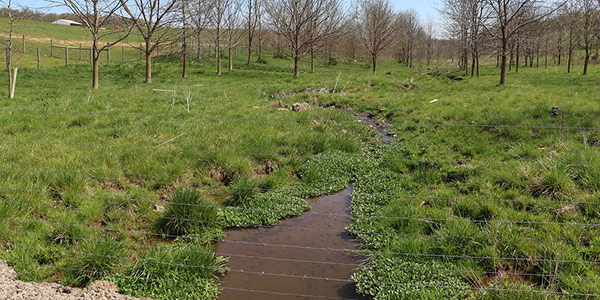
Facebook Twitter Instagram YouTube
Written on: December 14th, 2023 in Education and Outreach, Natural Resources, Wetland Restoration
By Phil Miller, DNREC’s Division of Watershed Stewardship
Throughout the world, the importance of Agriculture is no secret, and here in Delaware, that’s no different. If you’ve ever taken a drive through the countryside of Kent or Sussex County, you’ll pass through miles of farms producing crops, poultry, and other agricultural products for use by local communities and nearby major cities. Because of Delaware’s centralized location, producers can reach one-third of the U.S. population, within an eight-hour drive, earning the title of a “foodshed.” Foodsheds are specific geographic locations that provide food for a population, and Delaware is a perfect example.


With almost 40% of land in Delaware devoted to agriculture, making it the primary land use, you might picture much of it being owned by large companies. In fact, according to the Department of Agriculture, “about ninety percent of farms are either sole or family proprietorships or family-owned corporations.” Many of these operations are owned by families who have managed this land for generations and understand the connection between the land, waterways, wildlife, and the overall quality of Delawarean’s lives.
Understanding the importance of this connection is key to maintaining a natural balance between healthy watersheds and agricultural practices. While farms play a very crucial role in the survival of much of the U.S. population, they can also be a nonpoint source (NPS) of pollution. NPS pollution, different from point source pollution such as industrial and sewage treatment plants, comes from runoff caused by rainfall or snowmelt, moving over or under the ground. Unmanaged runoff from farms is one of the leading nonpoint sources of pollution. This can be from sedimentation where soil is washed off fields and carried to nearby streams and lakes, or excess nutrients finding its way to local waterways in the form of chemical fertilizers, manure, and sludge.
Nutrient and sediment pollution are two leading factors of impairments to Delaware’s waterways. Well- informed farmers know the importance of installing practices that will improve the health of their watersheds, which in return can provide better products. Certain conservation practices are essential for improving local water quality, which not only benefits the farm, but also the economy, local wildlife, human health, and recreational activities like fishing and swimming. Agricultural producers with cropland or marginal pastureland in Delaware, may work with State and Federal partners to reserve portions of this land in production for conservation, and receive payments through the Conservation Reserve Enhancement Program (CREP).

Through CREP, conservation practices are installed that are designed to reduce nutrient and sediment loadings in impaired streams. They also improve water temperature and levels of dissolved oxygen, which are necessary to support biology and wildlife. Eligible practices include projects such as restoring wetlands and creating shallow water areas for wildlife. Hardwood tree plantings, creating permanent wildlife habitat, planting riparian forested buffers, and installing filter strips are also eligible for CREP.
Among other benefits, restoring wetlands and similar practices allow for water to soak naturally into the ground acting as a filter, rather than creating runoff. Programs like CREP are essential for maintaining the balance between agriculture and healthy sustainable watersheds. To learn more about CREP or to see if your land is eligible, please visit the DNREC webpage here.